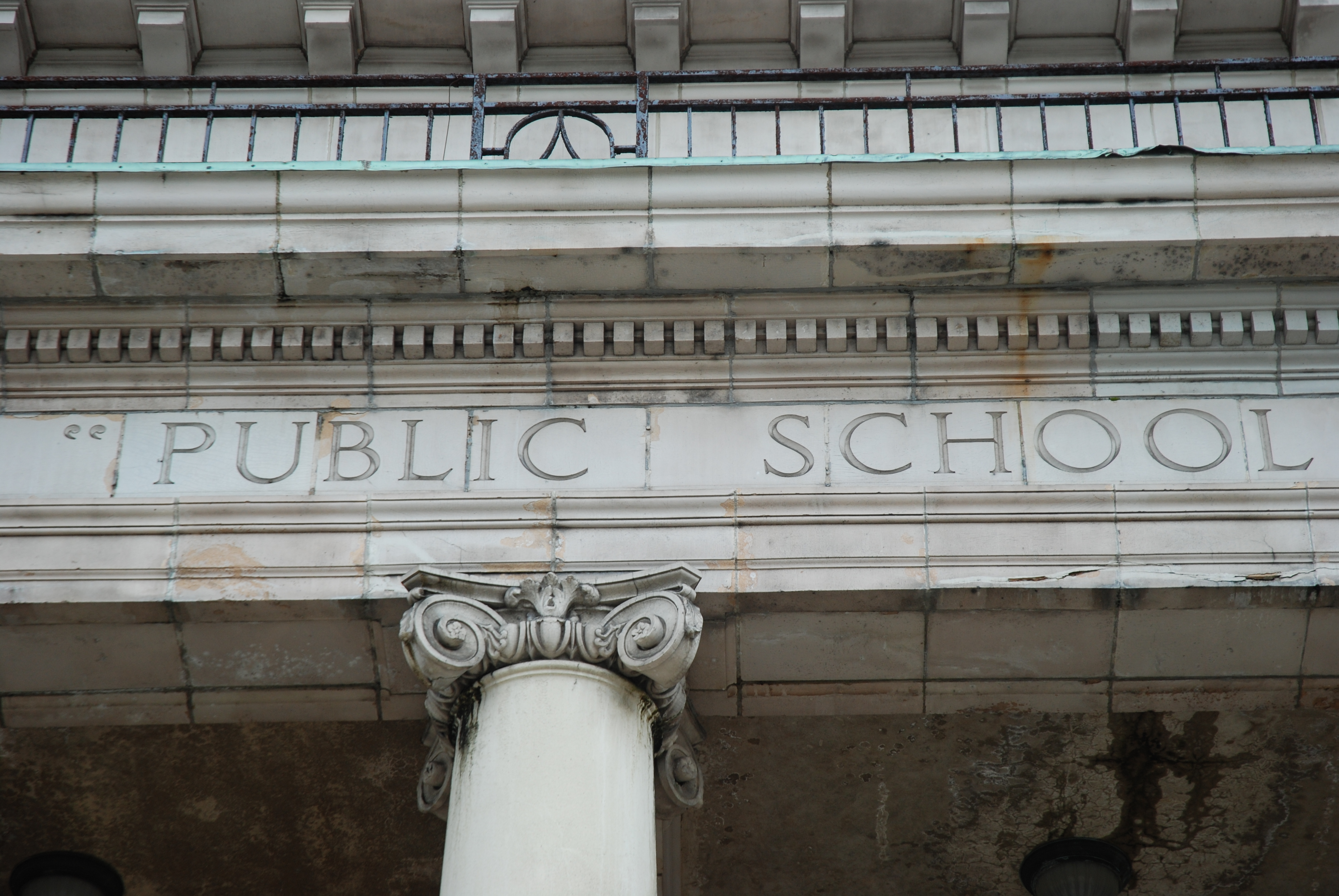A couple of weeks ago, I turned and walked away from our youngest son, got into my car and headed for home without him. I was leaving him to live with a stranger he’d met online and to assume full responsibility for all of his day-to-day decisions. For the first time in 18 years, I would not know precisely where he was or with whom he was. And in a lot of ways, that was all part of the plan.
When our family moved to North Carolina, he was a toddler and his brothers were 5 and 7; one of the things that had drawn us here was the commitment to education that their father and I felt mirrored our home state, Virginia. If our boys chose to attend a public college in North Carolina, they would enjoy stellar academics at a reasonable price. We were in it for the long haul, and as I drove away from his dorm last month, our son was preparing to reap the benefits of a decision made when he could barely walk.
At least I hope he will.
In the six short years since his oldest brother began his college education, North Carolina’s public colleges and universities have faced challenges not of their own making. The state’s vaunted system of higher education has been threatened by financial constraints, politically motivated manipulation, and the message from some elected leaders that the critical thinking skills inherent in a liberal arts education need not be a priority and indeed might be a problem.
Encouraging the sort of innovation that gave rise to Research Triangle Park and now continues to feed it seems less important to some politicians than high-level efforts to weaken academic freedom, not to mention muddying the otherwise inviolate distinction between science and opinion.
Others recognize the danger inherent in what the UNC system is facing and are hoping to re-prioritize higher education in North Carolina during this election year. The NC Council of Churches is working with local leaders in the Faculty Forward Network to hold a town hall on Monday, September 19 from 6 to 7:30 p.m. at Durham’s Center for Responsible Lending, 302 West Main Street. The focus is on increasing public investment in instruction and research and on improving work conditions for faculty. Addressing high-interest student loan debt and the rising cost of tuition and textbooks are also concerns.
Professors, students, elected leaders and others have been invited to share their vision for higher education in North Carolina on the 19th. The public is encouraged to attend.
By the time our newest college freshman graduates, we will have had at least one son in the UNC system for 10 consecutive years. We hope the university he leaves will be an even better place for learning than the one he entered but recognize that the promise of a fine public higher education in North Carolina is no longer a guarantee. Please join with the Council and the Faculty Forward Network as we work toward a renewed commitment to our state’s public colleges and universities.

